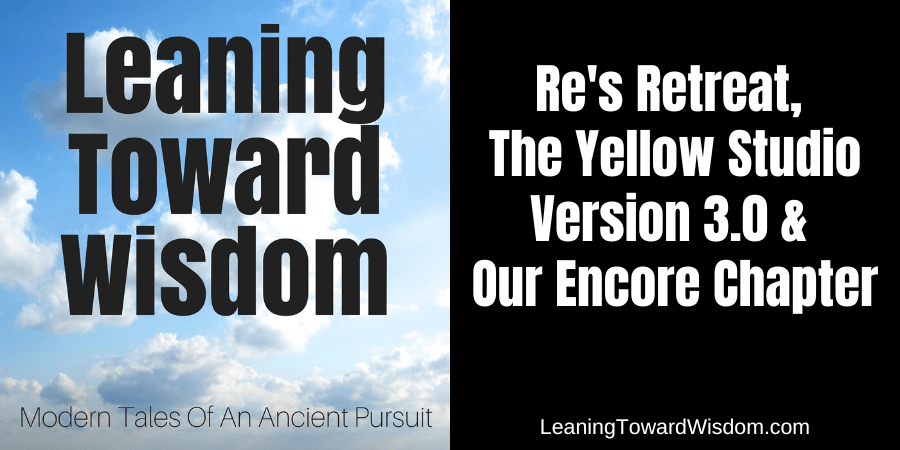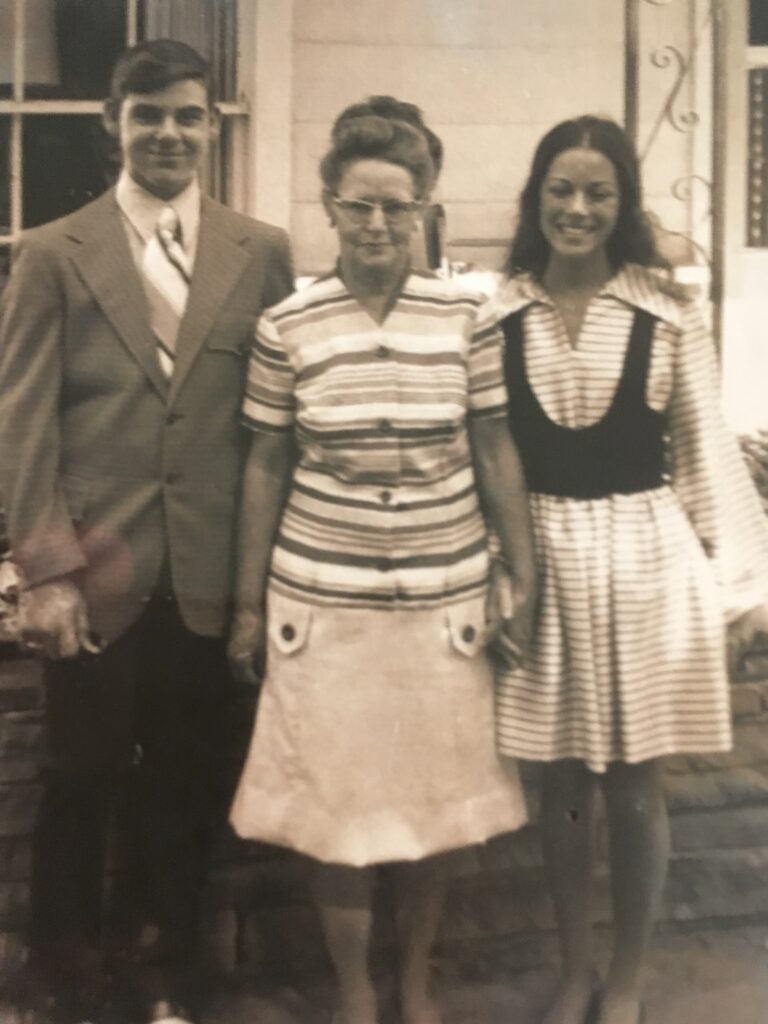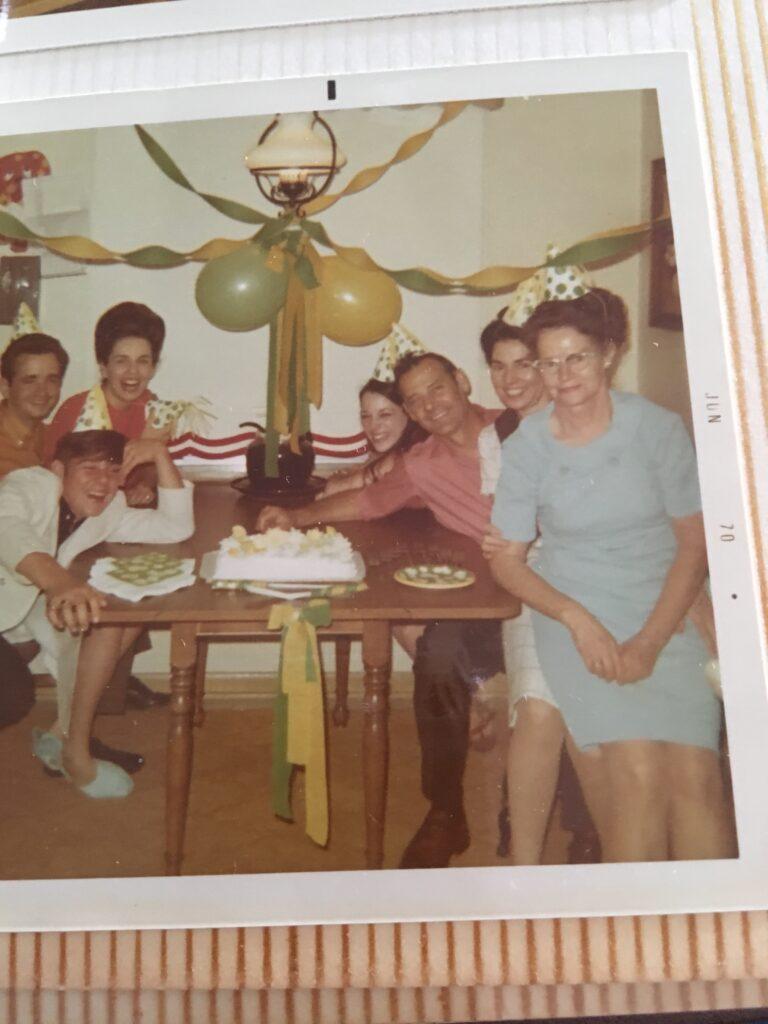Podcast: Play in new window | Download (Duration: 41:19 — 37.8MB)
Subscribe: Apple Podcasts | Spotify | Email | | More
Maybe I heard it because I was born in Oklahoma, a state with quite a bit of native American history and heritage. As a boy, I remember being fascinated whenever we’d find an arrowhead. The story likely came from that Indian culture I was around as a kid. I can’t be sure. Either that or it may have been because Oklahoma is also smack dab in the middle of tornado alley. Thunderstorms are a way of life around these parts (Oklahoma and north Texas).
The illustration is powerful. It deals with buffalo and thunderstorms. For those who may not know, thunderstorms travel from west to east. Cattle and buffalo react when the dark clouds start rolling in, signifying a coming storm. The cattle run east, away from the storm. The buffalo run west, directly in the path of the storm.
Question: Which animal is in the storm the longest?
Answer: The cattle…because they’re traveling with the storm.
The moral of the story is to behave more like a buffalo. Lean into your problems. Run into the storm. Don’t hide. Fight. We all have to endure the storms. It’s up to us how long we endure it. We can be like a cow running away from it, hiding. It just means we’ll be in the storm longer. Or, we can be a buffalo and fight. Face our storm by charging into it knowing that our time there will be much briefer than we ran away from it.
Storms are coming. I don’t know what they’ll look like, but the clouds are rolling in. Wave after wave. Some darker than others.
Springtime in Texas means thunderstorms and possible tornados. Lightning and hail are ordinary when the clouds are really dark.
Our life storms are no different. Some are violent and threatening. Others ramble a bit with thunder, but don’t produce much wind or rain. Some are predictable and forecasters appear to have prophetic powers. Others pop up suddenly, catching us off guard. Around here, you have to be prepared. When the sirens sound – warning us of a tornado sighting – we know where to go inside our house (or to our storm shelter if we’ve got one).
Damage depends on the severity of the storm and the preparedness of the people enduring it. When winds approach 100 miles an hour, you’re not going to prevent damage to your house, but you can stay safe. Houses can be rebuilt, new roofs can be installed and cars repaired or replaced. When you know what’s coming – and you prepare for the worst – you can survive. Battered maybe. Even bloody perhaps. People in these parts want to do what we can to survive. Mostly we do – as evidenced by how few people are killed in big storms.
But maybe I’m getting ahead of myself as I am wont to do. The storms that happen in our lives aren’t exactly like those that happen in nature. Sometimes we create our own storms. We make choices that results in thunder and lightning and significant damage. Overcoming our own stupidity can be difficult at times depending on the degree of our stupidity prowess. Some of us have extraordinary skills, brought about by years of experience in doing one stupid thing after another. Jumping off that stupidity merry-go-round can be a hard thing for some. I know. I’ve had my own struggles with it. You?
Life has options. Always.
Maybe not the ones we most want, but still — options. I’m a big fan of options because I like freedom. Freedom is being able to choose.
 Walk through the aisle of your local Piggly Wiggly supermarket and you’ll clearly understand freedom. Okay, we don’t have more Piggly Wiggly stores in Texas. How sad is that? We’re no longer afforded the freedom to “dig the pig.” It’s enough to feel like a prisoner with no choices.
Walk through the aisle of your local Piggly Wiggly supermarket and you’ll clearly understand freedom. Okay, we don’t have more Piggly Wiggly stores in Texas. How sad is that? We’re no longer afforded the freedom to “dig the pig.” It’s enough to feel like a prisoner with no choices.
Okay, you get the idea — go visit your local grocery store. Pick something…some category of food item. Jam. Cookies. Cereal. Crackers. Bread. Mustard. Ketchup. It can be anything.
Now go stand in front of that category and count the different varieties you can purchase. There’s likely dozens from which to choose. That’s freedom. You have a choice to make.
Now you may look at the selection and think, “I’m not about to pay nearly $10 for some little jar of mustard.” Again, that’s your choice. You can tell yourself, “I can’t afford $10 mustard.” Again, you could choose to eat $10 mustard if you cared more about mustard. What’s that drink in your hands right now? How much did you pay for that?
That Venti Starbucks was likely over $5. It’s a one-time beverage. That jar of mustard might last you an entire month. Don’t tell me you can’t afford $10 mustard. You could if you cared more. But it’s okay that you don’t. Again, we’re talking freedom to decide – to choose what matters to you. Coffee is worth more than mustard to you. Me? I care way more about mustard than coffee ’cause I don’t drink coffee. My choice. My freedom.
No, I don’t care about mustard enough to buy $10 mustard. I just care about it more than coffee. It doesn’t mean I’m crazy for mustard. But I am crazy for Nilla Wafers. Sure, you can eat those generic “vanilla wafers.” But they’re not the same. Nilla Wafers are worth the extra money to me – if I’m going to eat vanilla wafers! Freedom.
We’ve got choices when it comes to the storms of our life, too. For the sake of our little story at the beginning, we’ve got two choices: we fight, or we run. We stand. Or we hide.
Scientists tell us we have a flee or flight mechanism that protects us. I call it having a brain. When we’re in danger we react based on our assessment of the situation.
If I’m walking down the street and somebody comes up behind, sticks what seems to be a gun in my back and yells, “Give me your money” — I’m faced with a split second choice. I’m free to run, hoping it’s not a real gun. Or hoping the robber won’t pull the trigger. Or hoping he’ll miss if he does.
I could turn around and knock him in the head. Or try. I’d likely miss.
I could scream like a girl. That’d be my first instinct. The moment he opened his mouth I think I’d automatically go to screaming.
I could empty my pockets while pleading for her to not kill me. That’s right. My robber is a girl. I’m free to make this story go any way I want. Your robber can be whoever you want. I want to be robbed by a girl. Maybe my screaming will make her laugh and leave me alone. Maybe my rugged good looks will distract her long enough for me to get that gun away from her. You never know. It could happen!
Okay, you get the point. Trouble comes and we can give in, give up or we can fight back. For today’s show, I’m going to boil it down into two very different reactions. We can either run away and hide. Or we can run into it, determined to get through it as best we can. We can be a cow. Or a buffalo.
As usual there’s irony. Or is it paradox? I’m not sure. Who can know?
I do know that buffalo and cows are about the same size. More or less. Both are from the bovine species. Yet they choose very different directions when thunderstorms hit. Cows run one way. Buffalo just the opposite.
Maybe we can’t know why, but I have an answer (you knew I would). Cows get scared and run away. They want to hide. It doesn’t work out for them. By running with the storm they just endure a lot more time in the storm. Are they stupid? Maybe. More stupid than buffalo? Perhaps. They think they’re doing the right thing. Why else would they do it? Surely they believe that running from the storm is the ideal option. That’s why they do it.
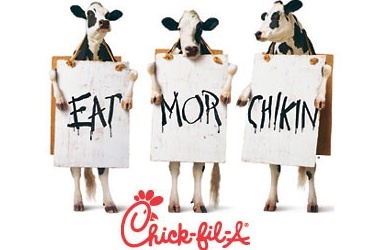 But they’re wrong. Maybe they’re too busy protesting people eating beef. They’re holding up their “Eat Mor Chickin” signs while the buffalo are being brave.
But they’re wrong. Maybe they’re too busy protesting people eating beef. They’re holding up their “Eat Mor Chickin” signs while the buffalo are being brave.
For whatever reason that maybe they don’t even understand, cattle hide. They’re cowards. And that cowardly behavior results in far more time in the storm than if they had just stayed put. That’s right. They could have just remained in that field with that thunderstorm and they’d have been spared the time in the storm, but the skies grew dark and they got worried. So they made the wrong choice.
It’s the worst option possible for the cattle. Like us, maybe they confuse movement with proper action. Maybe they’d feel foolish just standing there while a storm blew in. So rather than feel foolish they feel better about themselves by running away. They might be saying to themselves, “At least we’re running.” Who can know what they’re thinking or saying? We just know it doesn’t work out to their best outcome.
Buffalo could also decide to stay put. That would make them wiser than the cattle running in the same direction as the storm. But buffalo aren’t content to stand there being pelted with rain, hail and possible lightning. They’re evidently wired enough like cattle to want to get out. Maybe it’s instinctive or maybe they’ve got better weather forecasters than the cattle. They know getting ahead of the storm is futile. I mean, what are you going to do? Run and run and run…until the storm peters out? That could be many miles of running. You can’t know when the storm will play out, or how?
The buffalo seem to know that storm has a beginning though. Back through the dark clouds somewhere is blue sky. The buffalo seem bent to find it. Sooner than later. They know if they run hard enough, fast enough and long enough — that the someday soon the clouds will part and the sun will shine again.
Cattle and buffalo know something is wrong. They may not know what exactly it is. Well, maybe they do. For all I know they sense barometric pressure and notice when it’s dropping. I guess I should have interviewed some cattle and buffalo in preparation for today’s show. It just seemed like too much work so instead, I decided to make some assumptions and record them as fact.
I’m going with these facts. The cattle know something is wrong. They just don’t know what. Their recognition isn’t all that keen. At least when it comes to thunderstorms. Frankly, I don’t know if they have any solid recognition skills other than knowing if folks ate more chicken then more of them might survive. But that seems futile really because where are they going to go. What will they do to survive? You can’t make a living wearing a Chick-fil-A sandwich board.
Buffalo seem to know WHAT is wrong. By recognizing the event as a thunderstorm, they react with greater wisdom. It helps to have a clear understanding of what’s wrong.
Have you ever seen a crowd know something is wrong, but not know what…and react poorly? In 1987 the State Treasurer for Pennsylvania, Robert Budd Dwyer, committed suicide in front of TV crews. He had been accused of bribery and all sorts of criminal behavior, which he denied all along. A local TV photographer came to my office on the day of this event, popped into my VCR a tape and announced, “You’ve got to see this.” Not knowing what I was about to watch I saw Dwyer conduct a press conference where once again he denied any wrong doing. After reading a prepared statement he grabbed a manilla envelope, took out a pistol and told people to get back. I remember hearing some woman screaming that he had a gun and it was evident she thought he was about to kill some people in the room. She didn’t recognize what was about to happen. (Yes, you can find video of this online to this very day)
He said a few more things, put the pistol in his mouth and pulled the trigger. TV crews caught the whole thing. Turns out the primary witness against him later admitted he lied to get a reduced sentence for his own crimes. Turns out, Dwyer may have been innocent after all. Talk about lots of failure in recognition. It was rampant. Things aren’t always as they seem.
Cattle are like that woman who ran out of the room screaming that Dwyer had a gun. She was convinced he was going to go on a murderous rampage. Who could blame her? But she was wrong. He had no intention of hurting anybody other than himself. I remember thinking how suddenly it had happened. One second he’s talking to the crowd, the next second he’s laying on the floor dead.
Dwyer had choices. Turns out he was pretty calculated in his choice. By dying in office he insured his widow got the pension of over $1 million. Was it his best option? Not likely. Maybe he could proven himself innocent. But for some reason he made his choice to end his life. I don’t think it was buffalo behavior. The storm of his life – a pending lengthy prison sentence – was seen as something he couldn’t overcome or endure. Death was the ultimate run away tactic. A permanent way to hide. No, not the wisest choice. Suicide is never the wisest choice, but I admit I have a faith bias. Our life isn’t ours to take. No human life is ours to take. Proof I guess that we’re all free to choose foolishly.
Seeing clearly is what’s necessary if we’re truly going to know what’s wrong. Keep in mind, knowing what’s wrong doesn’t necessarily imply that we know what to do about it. We can know what’s wrong and still be very unsure of what we ought to do. Today, I’m focused on knowing what’s wrong though because if don’t, there’s no way we can react properly — or with wisdom. So it’s a first things first deal.
By running away and hiding we display fear. Nothing more. Just cowardly fear.
We bury our head in the sand. We hide from our problems. We avoid dealing or confronting our circumstance.
We hope we can stay a step ahead of the storm. We hope things will work out. We hope up ahead are clear skies. Rarely, if ever, are we right.
Hiding and running away almost always lead to a more devastating outcome. There’s a benefit in pre-thinking it and making up our mind in advance. There’s benefit in thinking it over.
Each of us can determine which critter will typify our behavior. We can decide that ahead of time.
We all know storms are coming. Maybe you’re in the middle of a doozy right now. You know you’re not going to be able to avoid them all your life. Nobody does. Money won’t prevent them from hitting you. Good health won’t either. Family and friends can’t protect you from never experiencing them. They’re just part of life and they’re coming.
What are you going to do when they roll in? That’s the only question. Pre-think that and figure out what you’re going to do. Consider the cost of behaving like cattle or behaving like buffalo. Both of them have a cost.
When it comes to time in the storm, the cattle endure a longer experience. But in the moment when they run, the cattle likely feel pretty good. Maybe the buffalo a bit more scared knowing the storm is going to be hitting them directly in the face, sooner than later. Maybe they had a few moments of dread. They face the storm anyway. It’s the price they’re willing to pay to get through it quicker. Bravery always has a cost. But so does cowardice.
Stop running. Quit hiding. It just makes matter worse. And it prolongs the storm. That’s the moral of today’s show. Decide you’re going to get through whatever storms come your way as quickly and without any more damage than is required. You’re going to get wet. You’re going to hear some thunder. You’re going to see some lightning. It can’t be helped.
See the storm for what it is — an opportunity to exercise wisdom in real-time, a chance to learn and grow — and a time to prove to yourself and those you love, that you’re a buffalo!


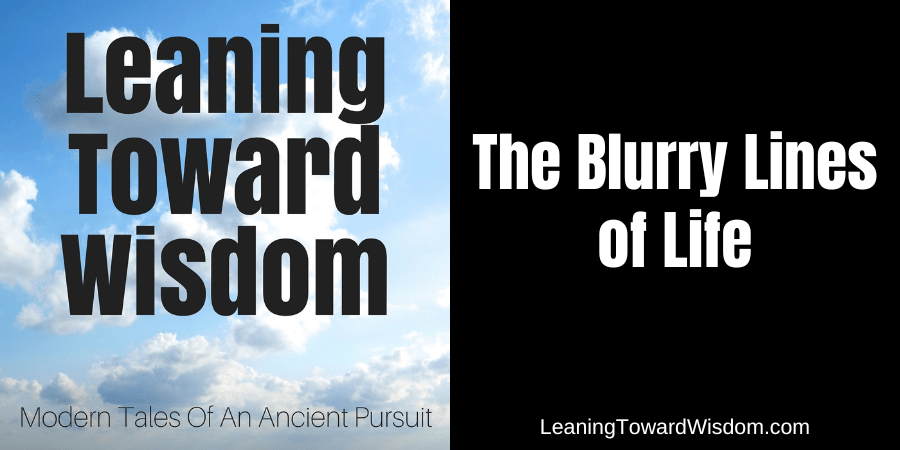
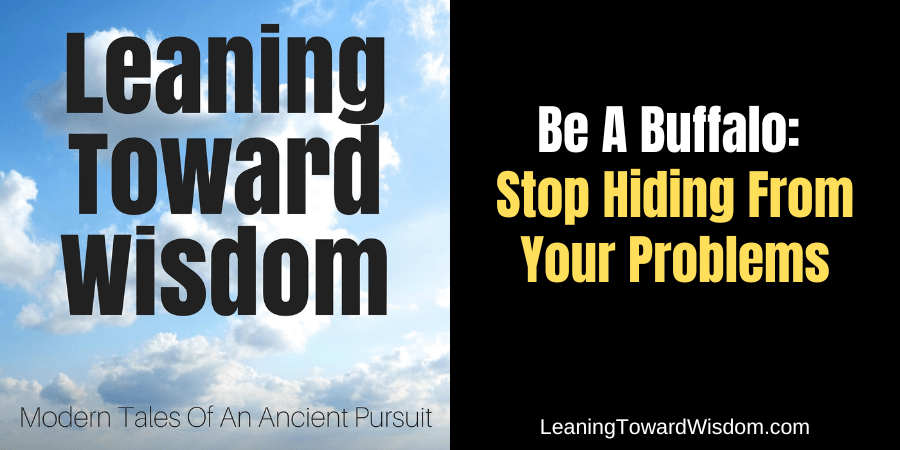
 Walk through the aisle of your local Piggly Wiggly supermarket and you’ll clearly understand freedom. Okay, we don’t have more Piggly Wiggly stores in Texas. How sad is that? We’re no longer afforded the freedom to “dig the pig.” It’s enough to feel like a prisoner with no choices.
Walk through the aisle of your local Piggly Wiggly supermarket and you’ll clearly understand freedom. Okay, we don’t have more Piggly Wiggly stores in Texas. How sad is that? We’re no longer afforded the freedom to “dig the pig.” It’s enough to feel like a prisoner with no choices. But they’re wrong. Maybe they’re too busy protesting people eating beef. They’re holding up their “Eat Mor Chickin” signs while the buffalo are being brave.
But they’re wrong. Maybe they’re too busy protesting people eating beef. They’re holding up their “Eat Mor Chickin” signs while the buffalo are being brave.
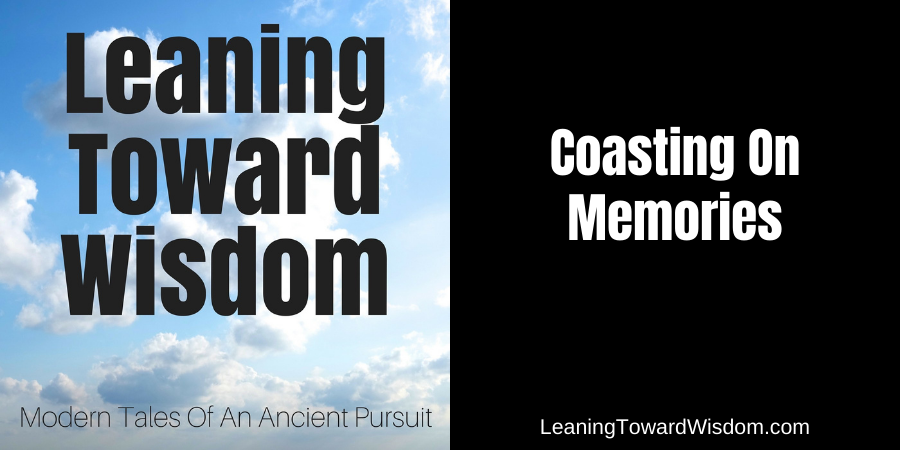

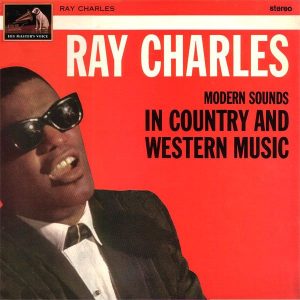 Listening to Top 40 radio was a constant in the car. At home, the biggest memory and influence was my dad’s 1962 Ray Charles’ record, Modern Sounds of Country and Western Music.
Listening to Top 40 radio was a constant in the car. At home, the biggest memory and influence was my dad’s 1962 Ray Charles’ record, Modern Sounds of Country and Western Music.

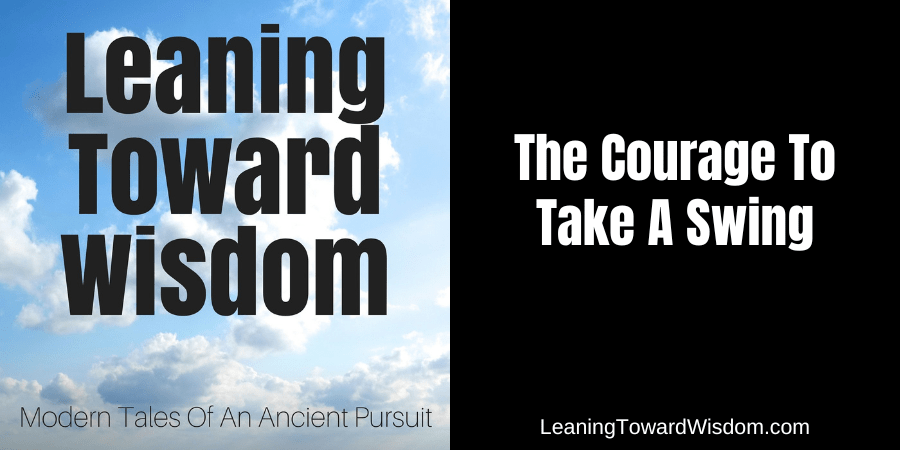
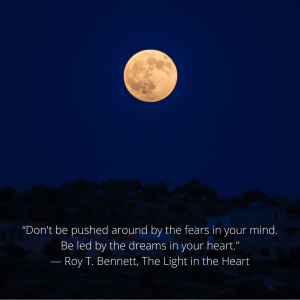 Last season I’m watching one of the grandkids play ball. My granddaughter plays softball and both of her little brothers play baseball. I can’t remember which kid was playing, but I noticed a few players who would approach the plate refusing to swing. By the time I’d see these players come up to bat the second time around, it was evident they were hoping they’d get a walk. Stand in the batter’s box, bat perched on their shoulder and the pitch didn’t matter. Low, high, or right down the middle. They weren’t going to swing.
Last season I’m watching one of the grandkids play ball. My granddaughter plays softball and both of her little brothers play baseball. I can’t remember which kid was playing, but I noticed a few players who would approach the plate refusing to swing. By the time I’d see these players come up to bat the second time around, it was evident they were hoping they’d get a walk. Stand in the batter’s box, bat perched on their shoulder and the pitch didn’t matter. Low, high, or right down the middle. They weren’t going to swing.
